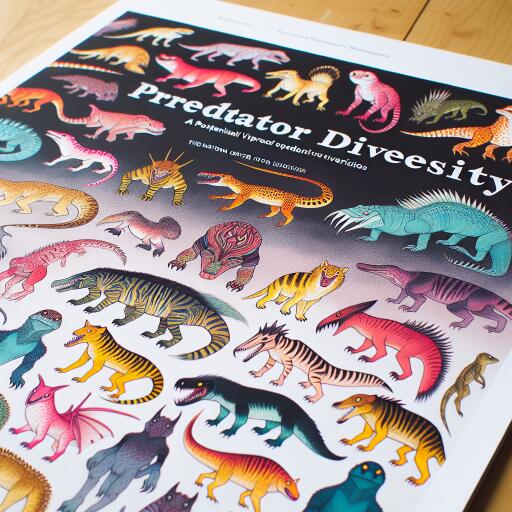
In an extensive study utilizing cutting-edge camera trap technology, insights into the rich predator diversity within the Kingdom’s ecological tapestry have been brought to light. Over a span of 4,787 nights, comprehensive footage from 58 diverse predator habitats has been analyzed, yielding significant data on predator species diversity, dietary patterns, geographic distribution, environmental threats, and habitat specifics.
Among the sprawling tapestry of fauna, the red fox emerged as the most visible inhabitant, identified across 15 varied ecological locales. The striped hyena was close behind, noted in 13 sites, particularly prevalent within the Raidah Protected Area in the Aseer region. Trailing these were the footprints of the Arabian wolf, an adaptable species with a wider reach. In contrast, the elusive honey badger was recorded infrequently within the surveyed domains.
This research underscores the Kingdom’s role as a sanctuary for a myriad of predator species, especially in the biodiverse treasure troves of the southwestern regions, namely the Aseer, Jazan, and Najran highlands stretching towards the Sarawat Mountains. This geographical expanse is noted for hosting the most substantial variety of predators.
The study further uncovered the presence of specialized species such as the sand cat and sand fox, which thrive in the sandy desert landscapes interspersed throughout the Kingdom. Moreover, the research brought attention to the pressing adversities challenging predator existence, which include actions like killing, poisoning, illegal trafficking, and the relentless encroachment on their natural habitats.
In light of these findings, a call to action resonates from the heart of the National Center for Wildlife. It highlights the crucial need for ongoing research focused on these predators to deepen our comprehension of their lifestyles, reproductive behaviors, habitat needs, and genetic diversity. The aim is to enrich scientific knowledge which, in turn, will sharpen the efficiency of efforts in habitat restoration and conservation strategies. This endeavor seeks to safeguard the intricate web of biodiversity, ensuring the thriving existence of these wild creatures within their natural environments.





Leave a Reply